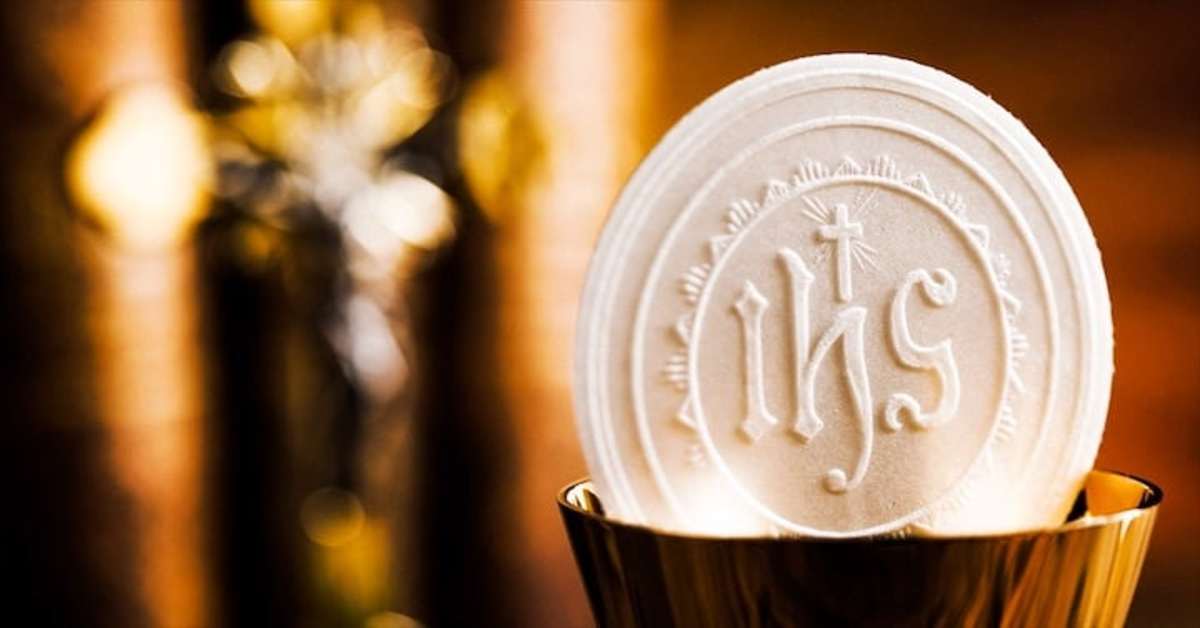For 85 years there have been 16 consecrated hosts intact, their extraordinary history
On July 16, 1936, on the eve of the outbreak of the Spanish Civil War, Father Clemente Díaz Arévalo, pastor of Moraleja de Enmedio, a Madrid, in Spain, he consecrated several hosts for Communion.
The church, however, was closed in the following days due to the conflict that killed more than 500 people until 1939.
On July 21, Father Clemente managed to enter the church and take the 24 consecrated hosts. He had to flee but left the hosts to the faithful, who kept them in the house of Hilaria Sanchez.
Since she was the wife of the city clerk and feared that her house would be searched, the neighbor Felipa Rodriguez he took it upon himself to look after the hosts. He hid them in the basement of his house where they remained for more than 70 days at a depth of 30 centimeters.

In October 1936, residents had to evacuate the area and unearth the container. The hosts placed the container with the wafers in a hole in a cellar beam. Later, they were allowed to go home and found the rusty container but the hosts were intact.
Two military chaplains went to the place after fifteen days and carried the hosts in procession from the house to the school, where a mass was celebrated and took two, attesting that, even after four months of consecration, they retained their flavor and structure.
Subsequently the hosts were returned to the sanctuary of the parish of San Millán. On November 13, 2013, they were placed in a glass bowl under the church tabernacle.
Currently, 16 hosts, still intact, are kept in the container. Several miracles are attributed to them, such as the salvation of a premature baby who had to be operated in an incubator and a baby girl who would be born without limbs but was born perfectly normal.
“The parish of San Millán is a place where the faithful move every day to worship the Lord. There are more and more pilgrimages from many other places, with many people who want to know and adore this wonder, ”said parish priest Rafael de Tomás.